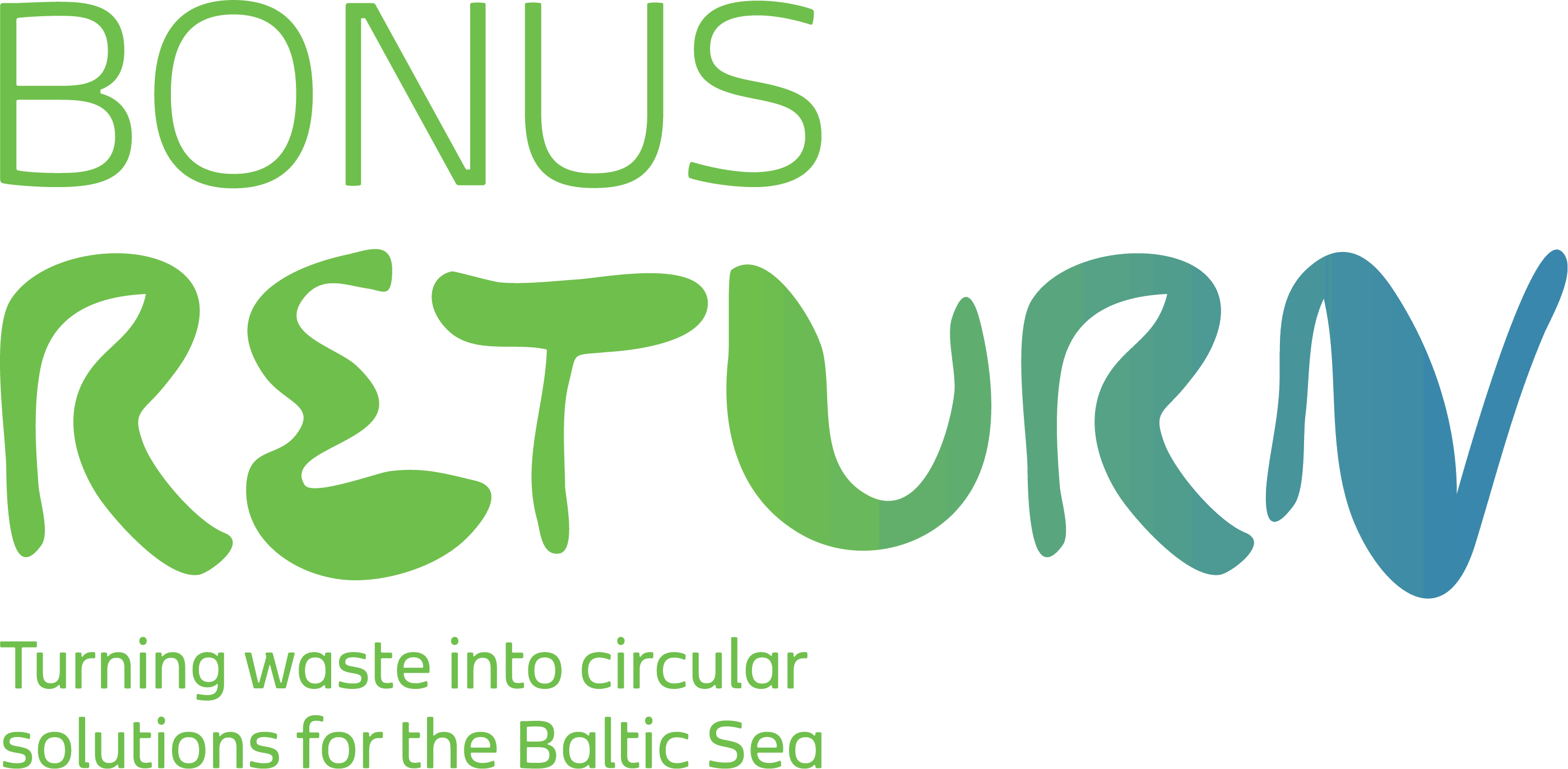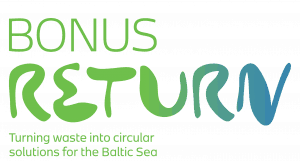This section of the project provides the platform that enables a co-enquiry process between stakeholders, the project, and the Baltic Sea Region. At the regional level, the 40 municipalities connected to Race For The Baltic will act as a sounding board to provide input to the selection of eco-technologies.
Stakeholder platforms have been established at the case study sites to support the identification and suitability assessment of eco-technologies throughout the cycle involving innovation, sustainability analyses,environmental modelling and pre-commercialisation. These platforms will serve as opportunities to further test, develop, adapt and use the eco-technologies based on the assumption that their effectiveness depends on context; as defined by institutional, economic, social and bio-physical barriers and opportunities. They are managed through BONUS RETURN’s National Focal Points in each site.
It will also provide an understanding of historical drivers, policy instruments, governance structures and local needs with regards to implementation of the selected eco-technologies in the three case studies.
An innovative decision-support system based on a serious game will capture all the empirical materials generated throughout the project to support the co-learning environment and more specifically mediate the interactions and critical reflections between different sections of the project, as well as between the project and stakeholders.
Through regional exchange and learning events co-organized with Race For The Baltic’s Accelerator Programme, BONUS RETURN will provide capacity building for exchange of knowledge and learning in the broader Baltic Sea Region. These events will also serve as networking platforms to exchange good practices and lessons learned. From here, new potential research networks within and outside the Baltic Sea Region will be identified and established.

